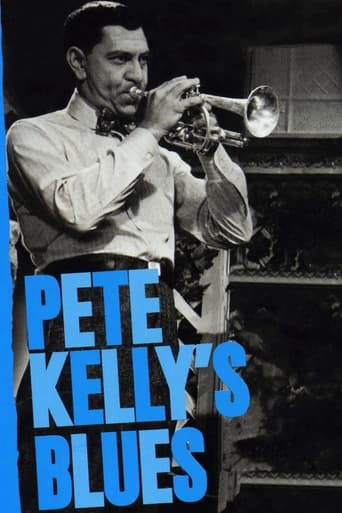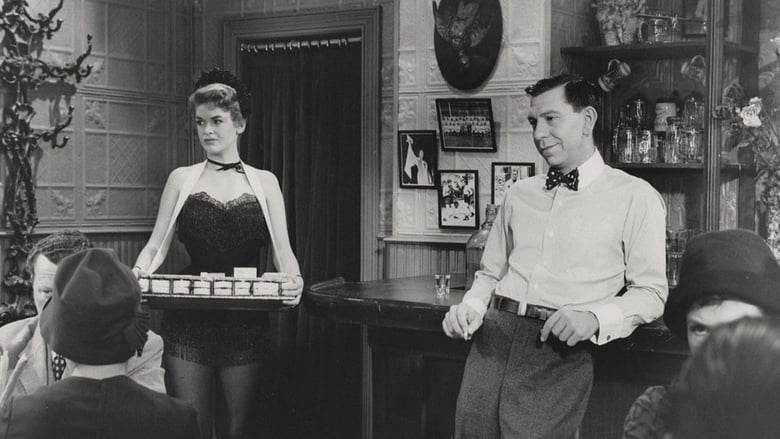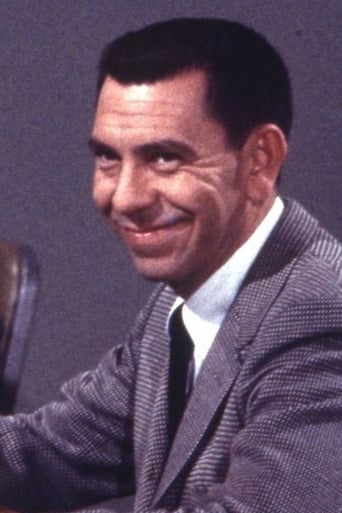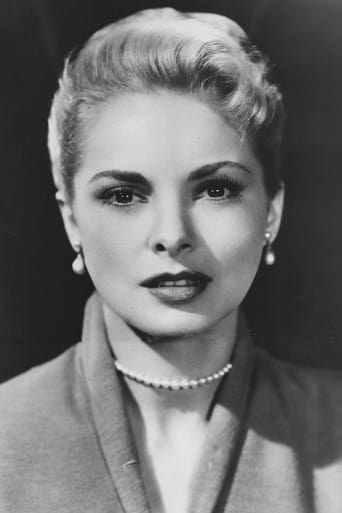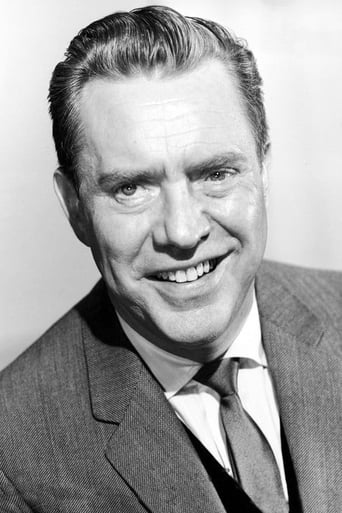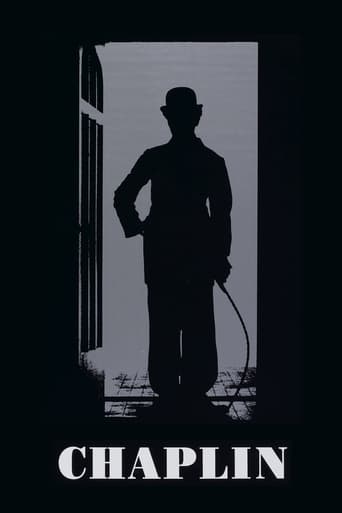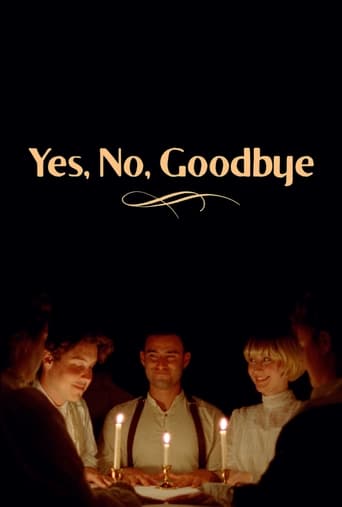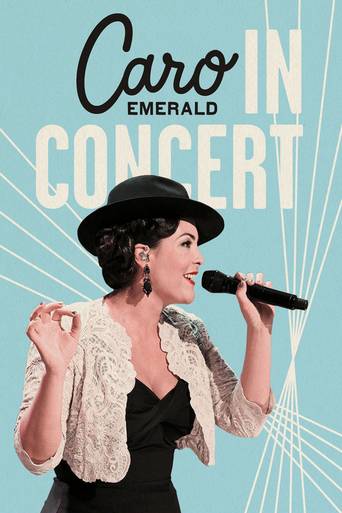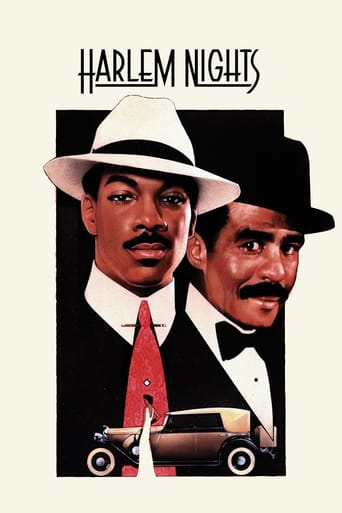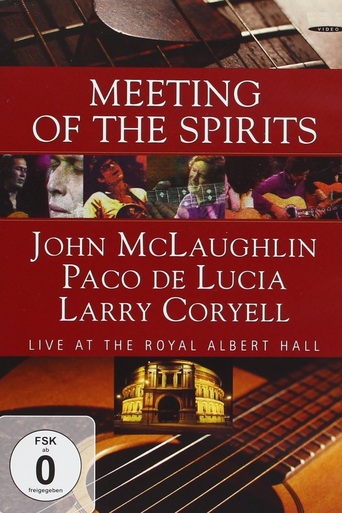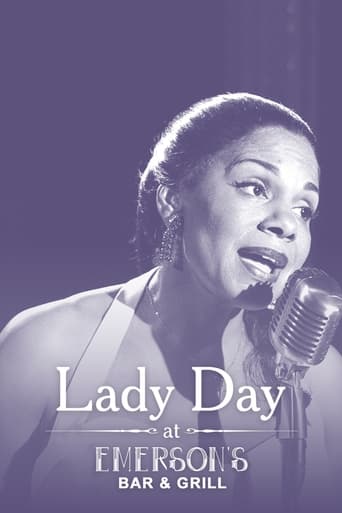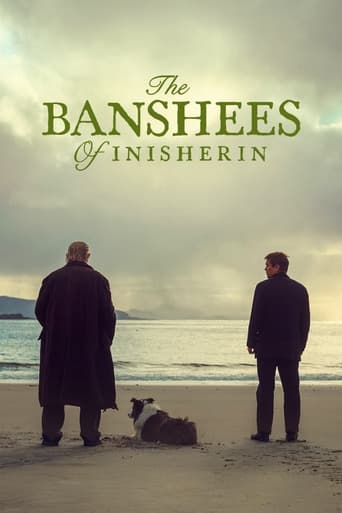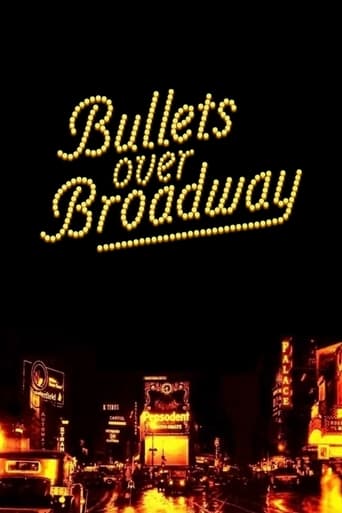Pete Kelly's Blues (1955)
In 1927, a Kansas City, Missouri cornet player and his band perform nightly at a seedy speakeasy until a racketeer tries to extort them in exchange for protection.
Watch Trailer
Cast


Similar titles
Reviews
Very Cool!!!
Absolutely Fantastic
It really made me laugh, but for some moments I was tearing up because I could relate so much.
A great movie, one of the best of this year. There was a bit of confusion at one point in the plot, but nothing serious.
Considering all the hype with which the medium was promoted, the early days of CinemaScope brought very few cinema masterpieces. "Pete Kelly's Blues" is one of those few.By masterpiece, I don't just mean superlatively entertaining. "Broken Lance" fills that bill, but it's not the sort of movie you can see over and over again, each time re-living the emotions of the characters and soaking up the atmosphere. The master script has an astringency, the master movie has a pace and flair that survive endless repetition. There is a special poignancy about the acting, a unique vigor in the direction, an artistic harmony in the images, a soul-searching vibrancy in the music. It's a movie with something to say, even if its philosophy can only be expressed in the most general terms, for example "Evil is ultimately defeated by Right" (Pete Kelly), "Romance and sentiment triumph over war and corruption" (Casablanca).With its jazz-age soundtrack complementing its prohibition-era Kansas City visuals, "Pete Kelly's Blues" provides a rich aural and visual experience that can be turned on whenever a CinemaScope print can be threaded through a projector. (Obviously it's a waste of time watching the movie on the old standard TV screen). I don't know whether any attempt was made to duplicate actual Kansas City locales, and I don't care. The movie has its own atmosphere, its own ambiance, its own moody plays of light and shade.The appropriately glum but practical, cynical, wavering but finally rock-solid Webb is ideally cast in the title role. On the other hand, despite her second billing, Janet Leigh's part is comparatively small and not particularly memorable, but she performs her chores admirably all the same. It's Edmond O'Brien, Peggy Lee, Lee Marvin, Ella Fitzgerald, Andy Devine (forsaking his usual comic antics), and most surprising of all, the bumptious Martin Milner (here perfectly cast) that join Webb in contributing some really unforgettable portraits.And on the soundtrack — Webb's cornet dubbed by the brilliant Dick Cathcart — such now nostalgic standards as "Pete Kelly's Blues" (Sammy Cahn, Ray Heindorf, sung by Ella Fitzgerald), "Sing Me a Rainbow", "He Needs Me" (Arthur Hamilton), "Somebody Loves Me", "Sugar" (Maceo Pinkard, Sidney Mitchell, Edna Alexander, all sung by Peggy Lee), "I Never Knew" (Gus Kahn, Ted Fiorito), "Hard-Hearted Hannah" (Jack Yellen, Milton Ager, Bob Bigelow, Charles Bates, sung by Ella Fitzgerald), "Bye, Bye Blackbird" (Mort Dixon, Ray Henderson), "What Can I Say After I Say I'm Sorry" (Walter Donaldson, Abe Lyman), "Oh, Didn't He Ramble" (Bob Cole, Will Handy), "Breezin' Along With the Breeze" (Haven Gillespie, Seymour Simons, Richard Whiting), "Gonna Meet My Sweetie Now". In all, however, this movie is not just a feast for jazz fans, it's a top-of-the-post drama in any man's league.
A well shot film as others have noted. Ella Fitzgerald and Peggy Lee are given almost one take performances.Note that Webb twice stands by material objects that may point self mockingly to his acting style- the cigar store Indian in the roadhouse where Ella sings the first time and,in the next occurrence,a cardboard cut-out of Pete.Janet Leigh gets to wear some great outfits- the hat in her car.Excellent quality on the DVD including the sound.The opening scene is a great New Orleans tribute with local talent in the choir and the trumpet Teddy Buckner.
This could be my favorite movie of all time. Why? Because of Jack Webb's deadpan delivery and some of his "corny" (may I use that word?) acting? Could be, along with great jazz music, great performances by top name actors, and entertainers, 1920's setting, and interesting story line. Jayne Mansfield made her first screen appearance here very briefly as the cigarette girl. Janet Leigh and Lee Marvin show up along with Martin Milner of Route 66 fame, and Andy Devine in a surprise roll (anyone remember "Pluck your magic twanger, Froggy?"). Edmund O'Brien has a major role as a hard ass.Peggy Lee and Ella Fitzgerald give great singing performances. I plan to buy the soundtrack with vocals. There apparently are two soundtracks; one with some vocals and the other only instrumental.I always thought of Jack Webb as just a Dragnet guy until I came across the VHS movie version about 10 years ago. What a great surprise and it finally hit DVD status the past year. This movie and the actors may not register with anyone under age 40 but I recommend you give it a try especially if you like jazz.
This was Jack Webb's labor of love and his big shot at big screen stardom. Humphrey Bogart was aging, (and soon to die), and perhaps Webb saw himself as an heir to his thrown. He certainly was a lover of everything about the 1920's into which he was born and of the jazz of the time in particular. He was a competent actor, (quite good in 1950's "The Men", opposite Marlon Brando) but ultimately lacked the presence and ability necessary for stardom. he we see him completely outacted by two who did, Edmund O'Brien and Lee Marvin, (who would have been a fabulous choice to play Pete Kelly). Webb seems trapped in his Joe Friday characterization. Particularly poor his the scene where he first confronts O'Brien, as gangster McClarg, in anger. Kelly, (Webb), knocks out McClarg's henchmen. McClarg then breaks a bottle on the bar and offers Kelly a chance to beat him to it. Kelly then shrinks into intimidation and sulks out. The scene is preposterous to begin with: why would Kelly be intimidated by McClarg when he's just kayoed hi body guard? But Webb clearly has no idea how to play it. He just stars blankly at O'Brien, then turns around and, hunched over and with his arms dangling lifelessly at his side, he marches out stage left while the music swells up to convey Kelly's humiliation to us much more effectively than Webb does. Where Webb really excelled was as a director. He opens this with a shot of a New Orleans jazz funeral. Period detail is exquisite throughout. The dialog is snappy and authentic. The music, of course is great if jazz is to your taste. Any film with both Peggy Lee and Ella Fitzgerald singing in it is work a listen. This one is worth a look, as well. There are great camera shots, particularly when one of Kelly's associates gets gunned down in an alley. The final confrontation is exciting and well-staged. As noted below, it was clearly influential to modern directors. The cast of the film is uniformly excellent except for Webb himself. Peggy Lee is great and one wonders why a significant acting career didn't follow. O'Brien, in a rare villain role, is forceful without the overacting he's often guilty of. Marvin dominates every scene he's in and Martin Milner, a much underrated actor, is excellent in an early role as well. Andy Devine is a revelation as a tough cop. You've got to see it to believe it. Janet Leigh appears as Kelly's girlfriend. She's essentially window dressing but very attractive window dressing. But it's hard to tell what attracted her to Kelly. Webb is so stiff an uncomfortable in their romantic scenes that their relationship is hardly credible. This film would probably be regarded as a classic today if Webb had not insisted on playing the lead, but who can blame him? It was his big chance on the big screen. He created an exquisite donut to star in. But this donut had a hole in it and he was that hole.

